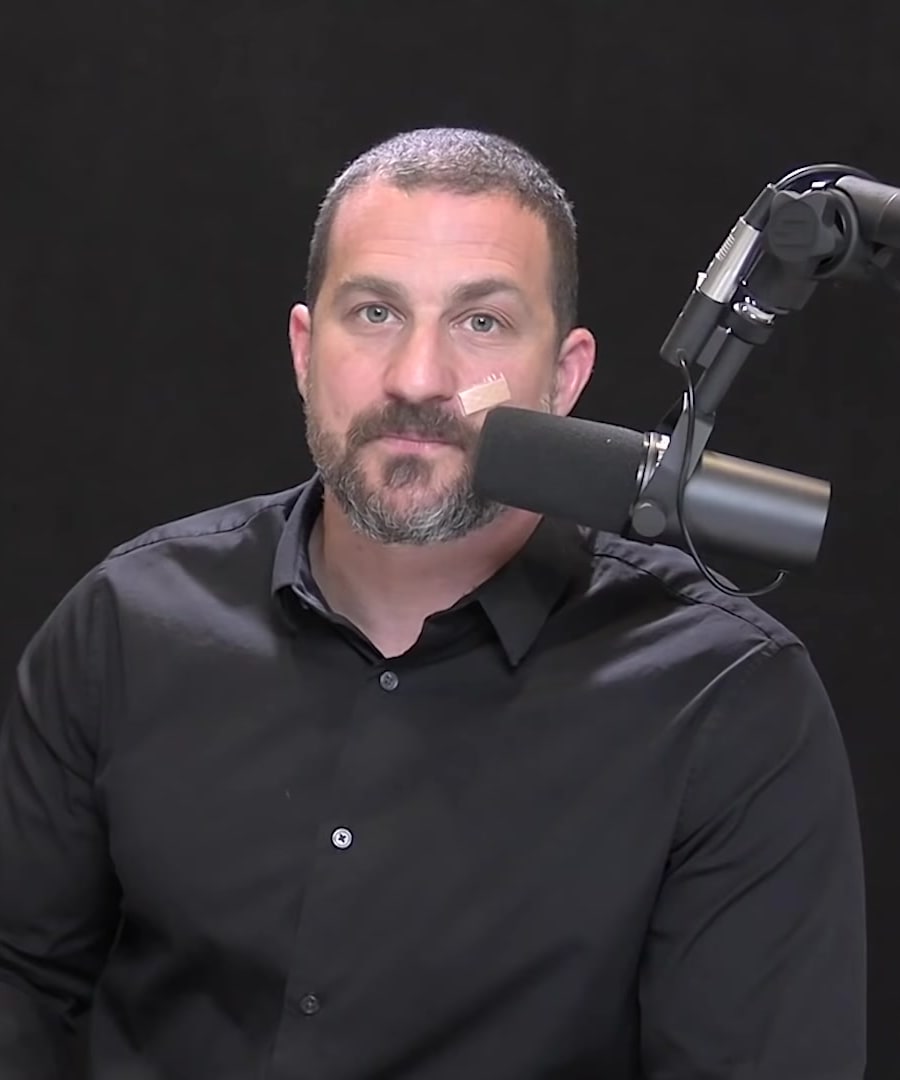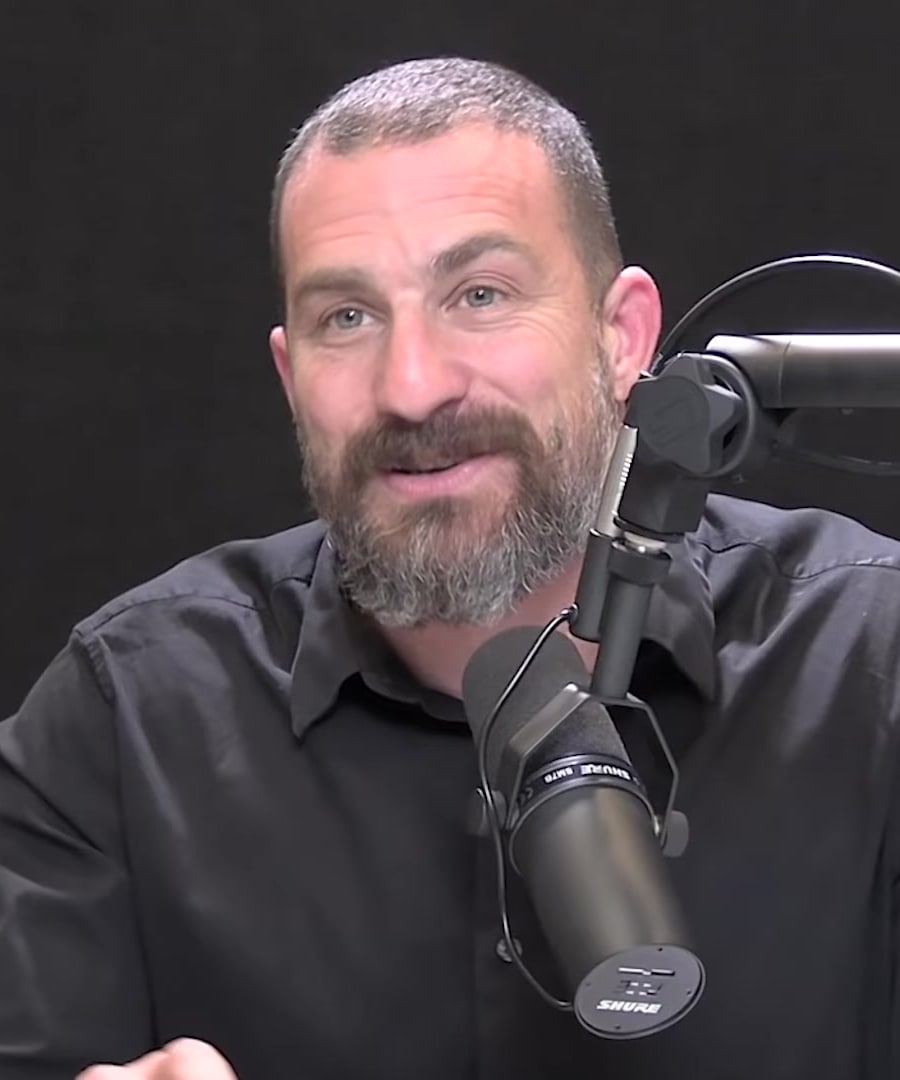Explain testosteron to me
Sources:
Testosterone is a hormone that plays various roles in human behavior. According to Robert Sapolsky, it tends to increase the "volume" of behaviors that are already prominent, such as libido and aggression, effectively making you more of what you already are in particular domains. The "challenge hypothesis" formulated by John Wingfield suggests that testosterone is secreted when one's status is challenged, aiding in behaviors needed to maintain that status. Interestingly, the context in which status is achieved or maintained can affect how testosterone influences behavior. For instance, testosterone may lead to aggressive behaviors in scenarios where aggression is rewarded with status. Conversely, in situations where generosity and trustworthiness are valued, testosterone might actually enhance these non-aggressive traits. Testosterone can also make people more confident, sometimes overconfident, leading to less cooperation and more impulsiveness in decision-making. This can have both positive and negative consequences, depending on the situation 1.
RELATED QUESTIONSare there any other insights on testosteron from Dr. Huberman?
Sources:
has provided a range of insights on testosterone on the . Here are some highlighted insights:
-
Competition and Testosterone: Testosterone plays a significant role in determining which members of a species will reproduce. It reduces anxiety, promotes novelty seeking, promotes competitive interactions, and changes threshold for stress by affecting the amygdala, thereby influencing behavior in pursuit of reproduction 1.
-
Testosterone and Aggression: Despite common beliefs, testosterone does not directly increase aggressiveness. Instead, it enhances proactivity and willingness to engage in effort during competitive scenarios. This has been termed the "challenge hypothesis." Testosterone's effect on behavior is context-dependent and can enhance traits like benevolence and altruism in certain individuals 2.
-
Hormone Optimization: The balance of estrogen and testosterone is important for well-being, optimism, and feelings of anxiety. Exercise, cold exposure, supplementation, and hormone replacement can affect these sex steroid hormones 3.
-
Testosterone Transporters: Testosterone is typically bound to transporters like sex hormone-binding globulin (SHBG) or albumin in the blood, which regulates the levels of bound and unbound testosterone, affecting its transport to cells and tissues, including the brain 4.
-
Physical Performance: The relationship between testosterone levels and physical appearance or performance is not straightforward. Testosterone can help recover from workouts and facilitate muscle protein synthesis, contributing to physiological changes 5.
-
Libido: Both testosterone and estrogen influence libido and mating behavior. They must be at appropriate ratios to modulate sexual drive. Increasing dopamine doesn't necessarily increase libido, as the relationship is more complex 6.
-
Hormonal Sex Development: Testosterone and a derivative, dihydrotestosterone, are involved in the development of primary sexual characteristics. A fetus's testosterone gets converted to dihydrotestosterone, crucial for external genitalia development 7.
These insights highlight the multifaceted role of testosterone in human behavior, physical development, stress response, competitive behavior, and sexual function.
-
Explain testosteron to me
- RELATED QUESTIONS
are there any other insights on testosteron from Dr. Huberman?







